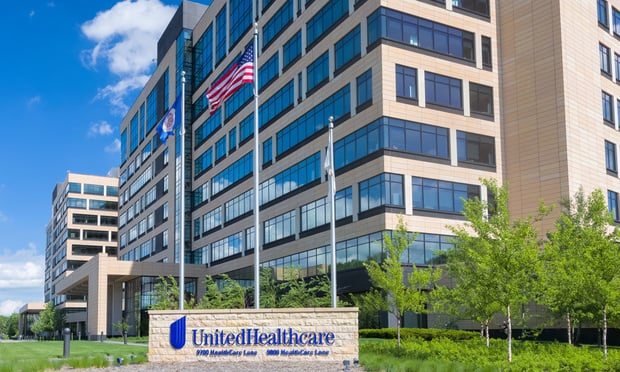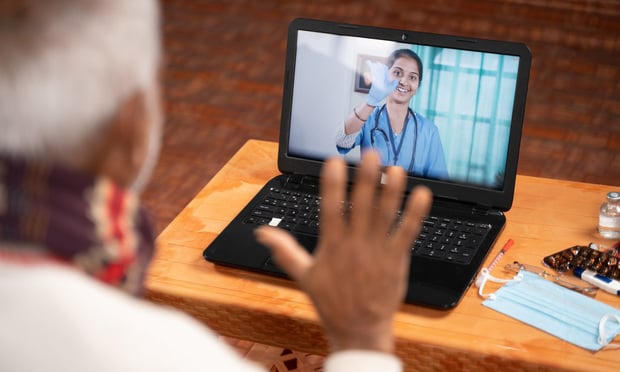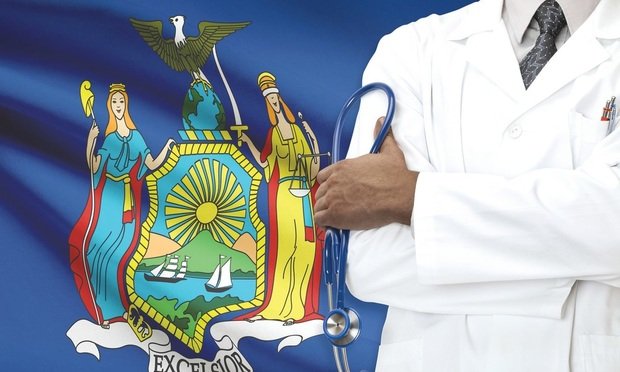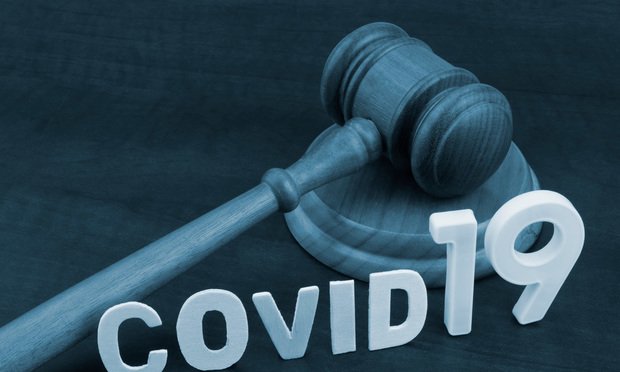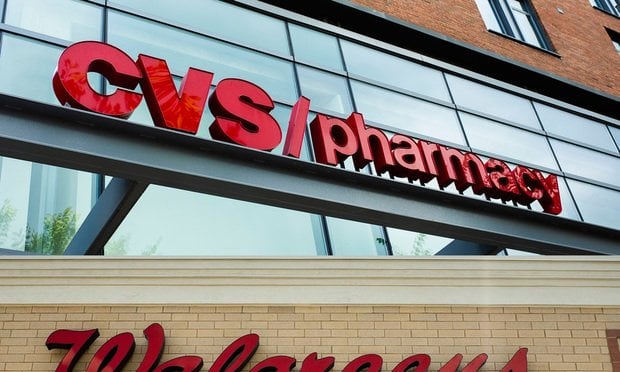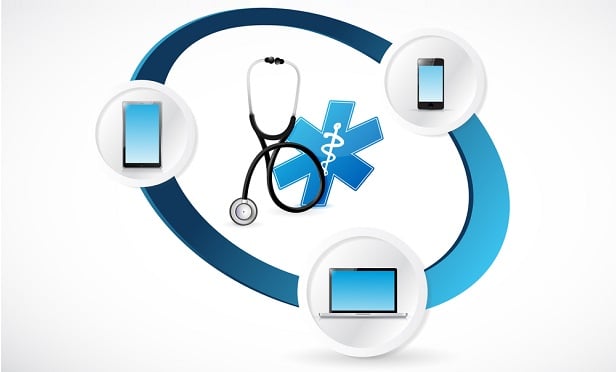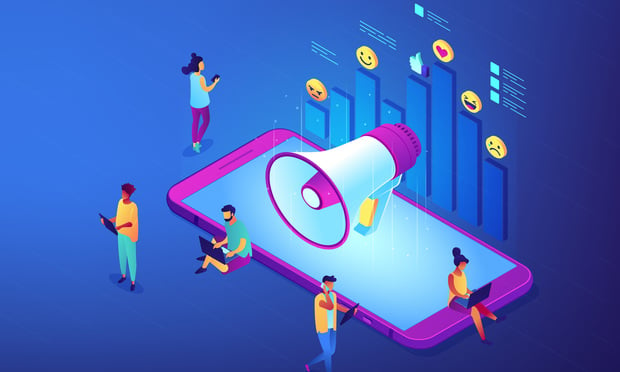About The Author
CONNECT WITH THIS AUTHOR
March 11, 2024
February 29, 2024
Market Insights
Why did a quick virtual urgent care visit cost a patient $660?
December 22, 2023
September 07, 2023
July 28, 2023
July 20, 2023
July 06, 2023
May 16, 2023
July 05, 2022
Trending Stories
- 1Mark Cuban praises Trump's PBM executive order, predicts 'hundreds of billions' in savings
- 2401(k) contribution limit projections for 2026: Milliman
- 3UnitedHealth CEO objects to critics' 'obsession' with PBMs' role in drug supply chain
- 4Eli Lilly’s new GLP-1 weight loss drug, in pill form, would be more affordable than Ozempic
- 5Arkansas law bans PBM ownership of pharmacies


